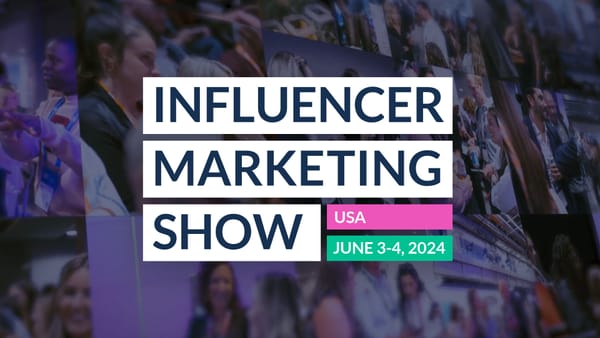The issue
In any industry, it is important to remain aware of what has changed and what needs to change. One must never be complicit in industry-wide issues; failing to address industry gaps render us part of the problem. We must value social justice and diversify the creators and brands we work with in order to level the playing field. It is our responsibility to educate ourselves (and others), connect with creators to hear their stories, and advocate across our platforms to shine a light on gaps in the industry. To support inclusivity and representation, we have delved a little deeper into the racial pay gap issue within the influencer marketing industry.
Research background
This initiative was based on research derived from the MSL 2020 study that surveyed over 400 creators across different verticals. The BIPOC market today represents over 4.8 trillion dollars in buying power. However, there is a 35% racial pay gap between specifically black and white creators. This startling truth outweighs the gap in any other industry at the moment.
MSLSurvey findings:
- 49% of black creators say that their race contributed to an offer below market value.
- 92% of participants wrote that pay transparency could eliminate the racial pay gap.
- 59% of Black influencers reported that they felt negatively impacted financially when they posted on issues of race.
We wanted to give the opportunity for Black creators to tell their stories and experience of the industry and provide invaluable insights for creators and brands.
Issues and challenges
We had the opportunity to sit down with three inspiring and young Black creators:
- Arianna Quinn (@trulyaria)
- Jade Macpepple (@jademacj)
- Shaela Ashley (@shaelaashley)
We asked each creator the same questions during a short conversational interview. It became clear that there were common responses across the board that supported the preliminary research. Each interviewee had faced adversities for being a Black creative. The most prevalent challenge stemmed from each interviewee speaking to white creatives, all with the same following and engagement, who they learned were receiving higher compensations than them. All participating creators made it clear that this was not just their story but a common occurrence in the industry.
When asked if they had ever received an offer below market value due to racial bias, every interviewee responded “yes” with no hesitation. Speaking financially with brands can be difficult and often creators do not advocate for what they deserve in fear of losing the partnership. It has been a struggle for these creators to communicate to brands that producing content is a time-consuming profession that deserves equal compensation.
Arianna shares, “I started becoming more transparent on my Instagram and realized that I wasn’t getting paid nearly as much as my white counterparts. It is unsettling because you put in the same amount of work or more and it is not returned.” Many have felt they have just been hired to appear diverse for a cheap price.
And it doesn’t stop there; each of the featured creators has an inspiring and educational voice on their platform. Shaela expressed that when posting social justice content, her views and likes decrease, “I speak with other influencers because I like to make connections. We even have a group chat where we support one another and there are times where we’ve felt like, you know this isn’t okay.”
Brand call to action
Each creator was asked what they believe brands can do to bridge the gap. Directly from the creators, it’s brands that are being called to action. There simply must be an increase in pay transparency. For example, brands can provide creators with the budget allocation and examples of creator pay they have offered in the past. It is equally as important for brands to not be performative.
Arianna gave the common example of how many brands responded in 2020 during BLM; you could tell they were simply playing a role for a short period of time. It starts internally. There must be Black representation in the right roles to foster inclusivity. Most obviously, brands must treat creators with equal respect and avoid forcing creators to belittle one another. “Brands need to be more transparent about what they are paying. If we do have that transparency, it will be easier for people to understand where they sit. Then if they tell me I’m too low or high, it is justified,” Jade says.
Thank you to the participating creators
It was incredible and humbling to hear the stories of three strong Black creative women, each with unique content and personalities but shared experiences. We commend them and all BIPOC creators who have had to endure similar injustices.









